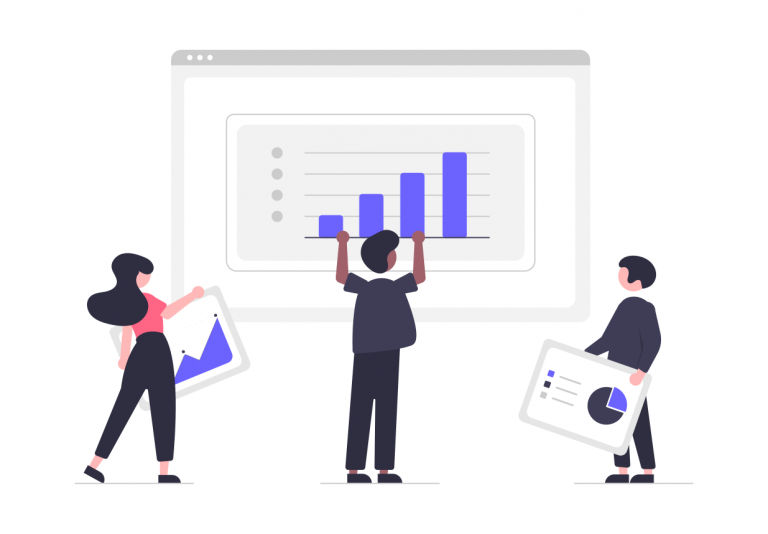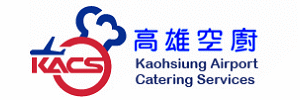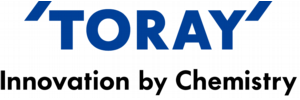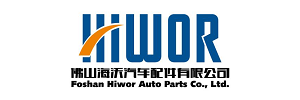What is ERP? How to successfully implement an ERP system?
Definition of ERP
ERP is an abbreviation for Enterprise Resource Planning (ERP), a concept first proposed by Gartner in the 1990s and gradually adopted by enterprises. ERP is a software that helps enterprises manage operational processes, can control and integrate internal resources and processes, and provide assistance in financial accounting, supply management, operations, manufacturing, human resources and customer service, in order to improve the efficiency of enterprise operating processes and the response speed of the organization, and ultimately achieve the goal of promoting the growth of enterprises.
Why do you need to use ERP?
In the early days of a business, Excel or other stand-alone programs are often used to manage operational processes.But as your business grows, these tools may be no longer sufficient. The following is a list of situations for your reference, if any of the following situations occur in your company, it means that your company may need ERP assistance:
Feeling like it's taking too long to deal with routine paperwork?
Do you feel like you’re spending too much time on repetitive but important daily tasks? For example, spending manpower on re-entering data across multiple systems or files, manually sorting out data, or feeling that the checkout time is too long?
Struggling with the connection between multiple systems?
In the past, your company may have introduced software for specific needs, but in recent years you have found that these different systems do not communicate with each other smoothly? For example, accounting software and invoicing software are not compatible, and it takes a lot of time to sort out and transfer data every time?
Do you find it difficult to see the big picture and make decisions on the fly?
In the face of an ever-changing market, do you often find it difficult to grasp the real-time information of your business operations, and you are unable to have a clear overview of the overall situation and grasp the key opportunities to make decisions?
Constantly missing out on business opportunities
Do you often feel like you can’t keep track of the right inventory and capacity schedules in real time, so your business can’t respond to customer needs in a timely manner, and you’re constantly missing out on opportunities?
How to successfully import ERP?
Invested money, time, and manpower to introduce ERP, and all efforts are made in the hope of making ERP go online smoothly, but ERP import failure cases are heard from time to time, how to smoothly import ERP? What are the most important factors for a successful ERP implementation?
Mastery of enterprise operating processes
ERP is based on the company’s operations and processes, so in order to successfully implement ERP, it is first necessary to clarify the daily operation processes of various departments within the enterprise, in order to fully connect the company’s cross-departmental operation processes.
However, in reality, many companies usually do not have personnel responsible for managing enterprise processes, and the window for enterprises to introduce ERP is often entrusted to the information department, but the information personnel are usually only familiar with the setting and construction of the program, and it is difficult to understand the operation process and methods of various departments in the enterprise. Therefore, it is necessary to set up a project team first, solicit the opinions of representatives from various departments, understand the company’s existing operating processes, and even further transform the unreasonable operating processes of the organization, which also derives from the second focus: “the support of supervisors and the cooperation of employees“.
The support of the supervisor and the cooperation of the staff
The introduction of a new ERP system will inevitably affect employees’ past work habits, and they will also need to relearn and take time to adapt to the new system. As a result, most employees are generally resistant to changes in their work habits, especially those who are experienced in the most intense way. Therefore, in order for the new system to be successfully launched, it is first necessary to convince the personnel of various departments to introduce the benefits of the system. In this case, executive support plays an important role if the supervisor can lead the staff and educate them about the benefits and benefits of implementing the new system, such as speeding up operations, reducing heavy work, and so on. At the same time, if the supervisor can listen to and understand the needs of the grassroots employees in a timely manner, and incorporate them into the reference when the new system is introduced, so that the grassroots employees can understand that the new system is designed to assist employees in their daily operations, and is not the source of employee trouble. With this top-down support and bottom-up feedback, the chances of rebound after the system go live can be greatly reduced.
Choose an ERP consulting firm with expertise
In addition to internal factors, external support is also indispensable. In order to smoothly implement the ERP system, it is also very important to choose a consulting company with professional knowledge. A good team of consultants will analyze your needs and make recommendations that are right for your company. For example, Tianwei Information has a professional consultant team and technical team that have passed Microsoft certification and many years of experience, and the consultant will analyze the results of the company’s process and demand interviews, and propose solutions that can meet the company’s industrial characteristics and meet the needs proposed.
What can ERP do?
In the past, many businesses used a variety of different accounting, finance, or HR process software to increase productivity. However, these software often operate independently and cannot communicate with each other, resulting in a lot of manpower and time required to aggregate this data.
Now, through the ERP system, it is possible to integrate different business processes and integrate the company’s operational processes through the system. The ERP system mainly consists of the following business processes:
Financial Accounting Management
Finance is the core function of ERP. From purchasing, manufacturing to sales, ERP can collect complete transaction information, and vice versa, it can also deeply analyze the source of each account figure. Modern ERP systems often have clear dashboards that provide an overview of your finances and automate day-to-day tasks to help you spend less time manually entering data.
Manufacturing management
ERP can make production management more flexible and efficient, meet customer order needs in real time by scheduling capacity plans in advance, managing production process routes, etc., while effectively managing production capacity. Assist the manufacturing industry to achieve the goal of production planning optimization.

Inventory management
Inventory control is an important part of business operations, ERP can allow employees to query and manage inventory in real time, eliminate the errors that may have occurred in the past manual calculation, and provide clear reports to make the inventory status clear at a glance. Assist managers to understand when they need to purchase or dispose of inventory, so as to improve inventory turnover, reduce inventory sluggish losses, and improve inventory management efficiency.
Human resource management
Human resource management can usually be divided into attendance, payroll management and other systems, making it easier to calculate employee salary, bonuses, attendance and other management work, and can also track employee performance through the system, and find out potential HR problems that have not yet occurred through report analysis.
How to choose ERP?
ERP should be selected according to the scale of your company and the actual use needs, such as the number of users of the company, the type of industry, the functions that need to be used, etc., to determine what kind of products are suitable for your company.
Can it meet the needs of the company's future growth?
A good ERP may usually be used for 5~10 years, so the purchase of ERP not only takes into account the current needs, but also focuses on the possibility of future expansion and use. For example, companies may set up new bases in Japan and abroad in the future, so they need to be able to support multiple companies, and include features such as multiple languages and currencies.
Integration with office software
It’s also a good idea to integrate ERP with software that employees use on a day-to-day basis, such as Office 365, to increase convenience and reduce barriers to learning.
The size of the company
Generally, ERP has its applicable enterprise scale, and you can choose the ERP suitable for your company according to the number of users:










